This article is reproduced from autocarweekly public account
Author: Financial Street Lao Li
Changan Automobile is the most contradictory automobile stock among A-share fund managers, without exception.
In the new forces of car-making, the best developed and highest-valued are NIO, XPeng, and Ideal. In the fuel car market, the best developed are Geely, Great Wall, and Changan. Among these leading companies in their respective fields, the performance and valuation of Changan Automobile are very contradictory. Observant friends will notice that when the volume and revenue are similar, the valuation of Changan Automobile is about half that of Great Wall and Geely.
Many friends in the secondary market have discussed this issue long ago, and everyone’s views are consistent: if we exclude the state-owned system, the valuation of Changan Automobile is at least 200 billion, and if Changan operates in more concentrated areas in the industry, its valuation breaking through 300 billion is not impossible.
Changan Automobile, with a market value of 100 billion, is the lowland of A-share automobile stocks, but its development has never stopped: on May 20th, Changan Automobile announced that Changan NIO had changed its name to Avita Technology Co., Ltd. The high-end new energy brand (AB brand) jointly created by Changan, Huawei, and Ningde Times will be launched as soon as this month. The new brand, new look, the question related to everyone is: in the secondary market, how much is the new Changan worth?
Why is there such a large difference among car stocks?
When it comes to the valuation of the automobile industry, everyone always thinks of the high valuations of new car-making forces such as Tesla, NIO, and Ideal. In 2020, Tesla and NIO both launched a second growth curve. If you held Tesla’s stock, you would have made at least 5 times your money for the whole year. If you held NIO’s stock, you would have made a profit of more than 10 times your money for the whole year.
Friends around often ask old Li, what is the investment logic of the secondary market for automobile stocks, why is there such a big difference between A-shares and U.S. stocks? Why is there such a big difference between smart electric cars and fuel cars? Why is there such a big difference between Great Wall and Changan? To be honest, many people in the secondary market are also discussing these three questions, and there are no accurate answers.
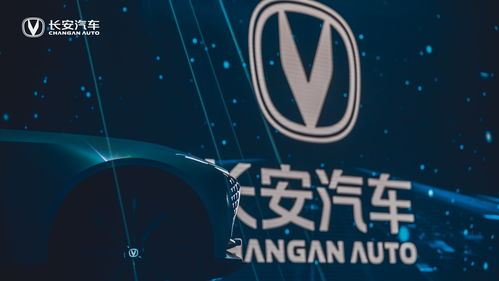
There are no completely identical two-sided mirrors in the capital market. Both the fundamentalist and the technician cannot derive tomorrow’s market completely based on yesterday’s experience. The difference between researchers and industry insiders and retail investors facing the complex market is that their sense of smell is more sensitive. When the market changes by 0.1, researchers can keenly capture this trend, while industry insiders and retail investors often feel the change when it reaches 1.
One thousand readers have one thousand interpretations, and around the three questions above, different researchers may give different answers, but all answers will have one commonality: good companies in good tracks will have good expectations.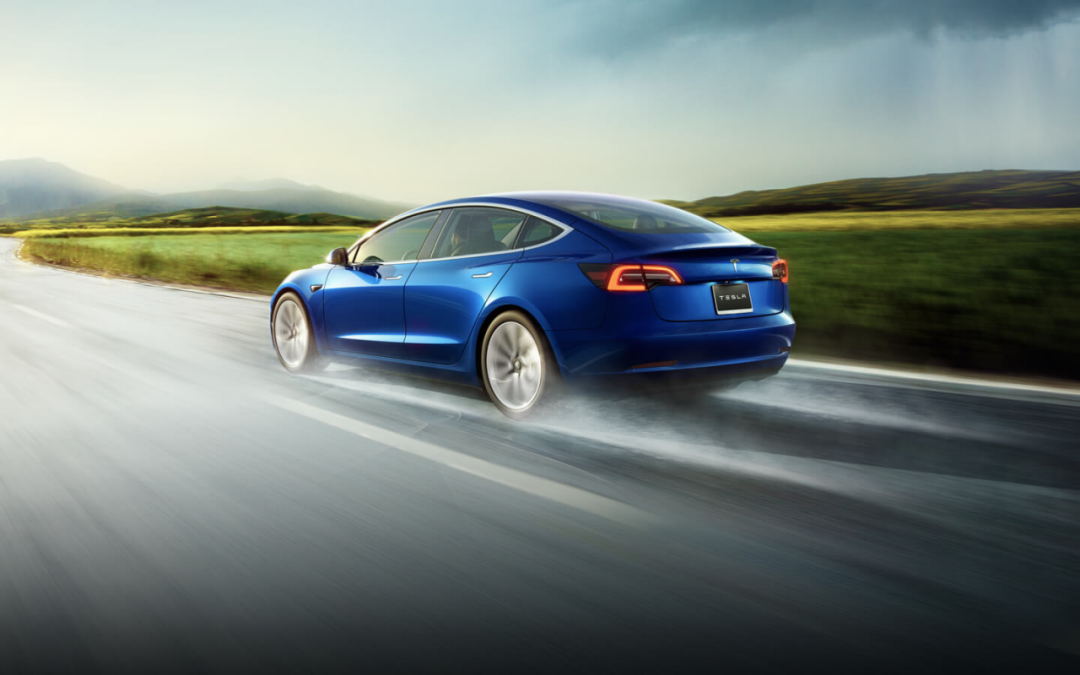
Why are American car companies valued higher than those in the A-share market? Companies like Tesla and Nio in the smart electric vehicle raceway are ahead of Toyota, Volkswagen, Geely, and Great Wall on the smart electric new raceway. They are global and Chinese industry leaders in the field, so their valuations are naturally higher.
From a market perspective, the domestic automobile industry and the economy are closely related in the A-share market. Automobile stocks are more like cyclical stocks, rather than high-quality assets. In the US stock market, Tesla and Nio are both growth stocks, and market premiums will be given for growth speed and industry penetration for such large-cap industry leaders. These are core assets, so even for the same smart electric vehicle company, the valuation in the US stock market must be higher than that in the A-share market.
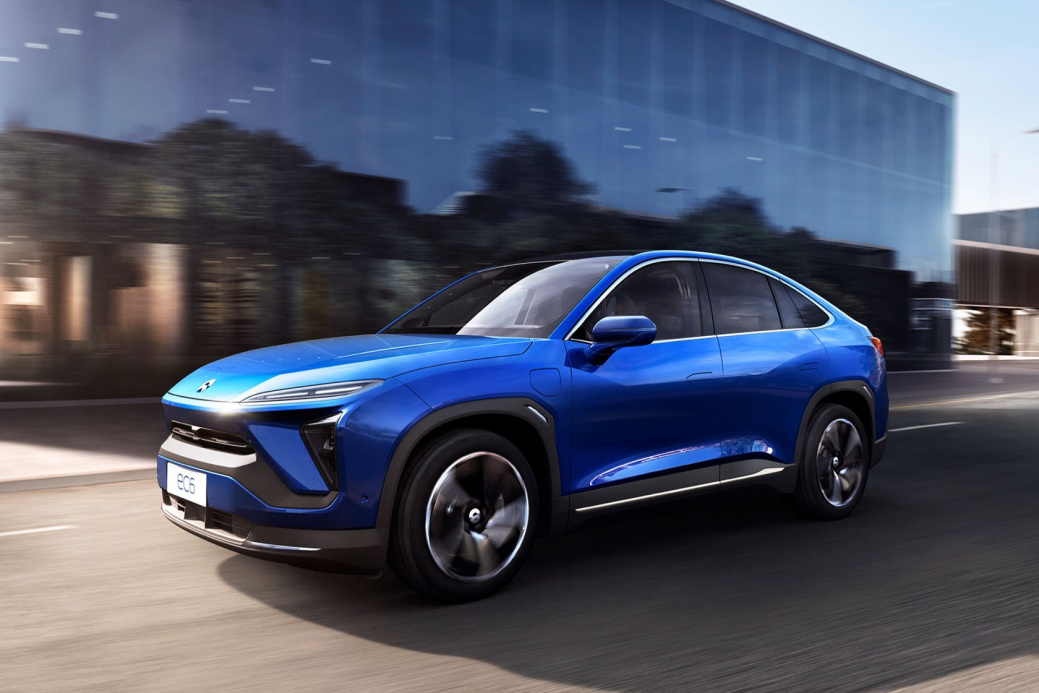
Why is there such a big difference between smart electric vehicles and gasoline cars? It’s not that smart electric vehicles are too strong, it’s that gasoline cars have fallen out of favor, at least in the capital market. Although gasoline cars are the crown jewels of the second industrial revolution, too many more profitable internet, medical, and technology stars have emerged in the third technological revolution. Both in terms of raceway imagination and corporate profitability, traditional industrial gasoline cars have paled. For example, before Tesla’s big outbreak, Apple’s trillion-dollar market value was far ahead of Toyota, the world’s largest car manufacturer. Toyota’s annual global sales of 10 million vehicles have no defense against high-tech companies.
Why is there such a big difference between Great Wall and Changan as gasoline car companies? The answer is the consensus in the secondary market, because one is a private enterprise and the other is a state-owned enterprise. Some friends may mention that the four major banks and China National Petroleum Corporation (CNPC) are also state-owned enterprises. Fourteen years ago, CNPC set a market value of $1.1 trillion on its first day of listing. Why is its valuation high? This is related to the industry structure.
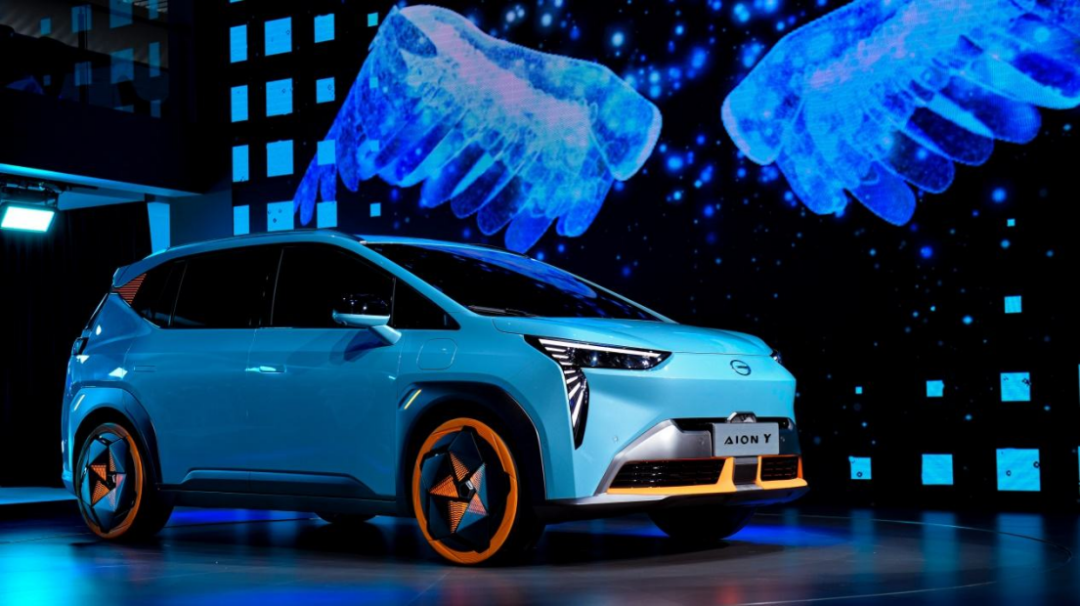
Monopolistic companies receive the greatest valuation boost. Monopoly, oligopoly, and perfect competition are three common industrial structures. The market ranking is the kaleidoscope of these three structures. Industries with many players and a scattered market share are classified as perfect competition, such as the traditional used car industry. Industries where market share can be determined without ranking are monopolies, such as the energy industry. Oligopolies are somewhere in between, and the traditional automobile industry is an example of this. Therefore, in the case of unremarkable business, Changan, a state-owned enterprise in an oligopoly industry, lacks imagination in the secondary market.
Fund managers like industry leaders and like to cohere. The higher the concentration of segments with market share, the higher the valuation of their industry leaders.Traditional fuel vehicle companies do not have the advantage in A-share. In China, no A-share auto company has a market share of over 20% based on the ratio of pure self-owned sales to total passenger car market. Looking at the global market, the total market share of the top five companies in annual sales does not exceed 50%, with CR5 ≤ 50%. In contrast, other industries have a much higher industry concentration, such as the air conditioning industry with the top five companies’ market share exceeding 90%, so Midea Group’s market value can reach as high as 800 billion while Great Wall Motors is only just over 300 billion.
Will Huawei + Ningde + Changan make AB brand even more valuable?
Smart EV companies are not defined in the capital market as traditional industrial products but defined as technology enterprises. Under the trend of electrification, intelligence and networking, smart EV enterprises not only extend upstream and downstream along the auto industry chain, but also greatly expand their business boundaries based on autos.
Tesla and BYD possess battery technology and therefore have entered the energy boundaries. The market value of A-share battery giant CATL reached over 800 billion RMB, which makes Tesla and BYD’s high valuation not surprising. Some companies fill the technology concept with smart cockpit and autonomous driving. Although autonomous driving has not been commercially viable on a large scale, and big data has not been fully commercialized, this does not affect corporate imagination.
How much imagination AB brand can bring to the capital market is still unclear. It depends on how Changan Automotive “packages” AB automobile in the capital market. If AB is positioned as a smart EV company, AB’s valuation will not be too high, and it will not surpass self-owned high-end vehicles such as Dongfeng Aeolus and GAC Aion. Since the track is not long enough, the senior management of Changan Automotive has naturally seen this and used a more ingenious way of exposure.
Before the AB brand was exposed, many brokers this year were not pushing Changan Automotive but Geely, but unfortunately, although Geely’s business is rising, the story is not well told and lacks imagination. In the second quarter, people began to pay attention to Changan Automotive with undervalued market cap. With the addition of the AB brand, Changan also fits the consensus among researchers: Good companies in good tracks have good expectations.
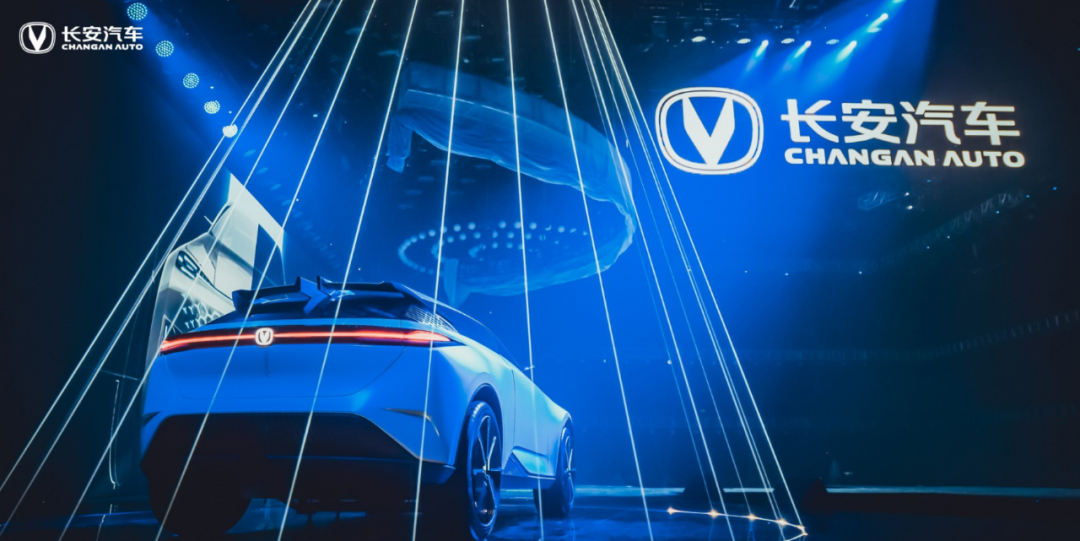 In the eyes of Mr. Li, Changan is very good at telling stories. If Changan establishes a high-end brand on its own, it would be a 1000-meter track. However, with Huawei and CATL involved, this track will become 3000 meters. From the perspective of imagination, if Changan established an AB brand on its own, the main body company may only be an intelligent electric vehicle company. But with CATL, the energy concept is introduced. With Huawei, the technology concept is introduced. Therefore, this is a company that combines automobile, energy, and technology concepts.
In the eyes of Mr. Li, Changan is very good at telling stories. If Changan establishes a high-end brand on its own, it would be a 1000-meter track. However, with Huawei and CATL involved, this track will become 3000 meters. From the perspective of imagination, if Changan established an AB brand on its own, the main body company may only be an intelligent electric vehicle company. But with CATL, the energy concept is introduced. With Huawei, the technology concept is introduced. Therefore, this is a company that combines automobile, energy, and technology concepts.
Changan mentions in its announcement that this statement is completely tailored for investors:
“Huawei will leverage its ICT technology advantages, jointly build R&D, channel, service, ecological and other full-value chain links with ArtiDrive Technology, and provide users with a full-stack intelligent car solution to achieve the intelligent level of electric vehicles.”
“As a power battery provider and new energy solution service provider, CATL empowers ArtiDrive Technology with intelligent electric vehicle power battery technology and jointly creates a safe and convenient energy ecosystem.”
“Changan Automobile, based on the capabilities of the three parties, Huawei, CATL, and ArtiDrive Technology, will jointly develop a globally leading intelligent electric networked car platform (CHN).”
The track issue has been solved. Next, Changan needs to solve the institutional issue. Before the announcement was released, many analysts believed that Changan would find a way to let Huawei and CATL participate in ArtiDrive Technology as shareholders or to establish a joint venture subsidiary under the state-owned holding market-oriented company. Regardless of the method used, a tripartite joint venture has a higher capital recognition than a state-owned holding market-oriented company.
However, in the announcement, Changan only mentioned that “ArtiDrive Technology will operate completely in a market-oriented manner, independently operate and develop.” Without revealing too much information about the tripartite equity cooperation. This is interesting. What form will the new Changan Automobile take, and how will valuation be discussed?
To discuss the valuation of Changan Automobile, we still need to start with the company’s main body. Changan Automobile has a listed company called Chongqing Changan Automobile Co., Ltd., and currently, the valuation of Changan Automobile in the A-share market is about 100 billion yuan. Previously, the low point was 70 billion yuan. Mr. Li believes that the high point of Changan Automobile in this round is probably around 150 billion yuan, but achieving this goal is not easy.
Although everyone believes that there was a round of valuation expansion before the 100th anniversary of the founding of the Communist Party of China in July, the end time point may not be early July but depends on the height of the market and the market hot spot. There is an indicator to refer to. The turnover of the market exceeding 1 trillion yuan is a signal of emotional launch, and the total turnover exceeding 1 trillion yuan in two weeks generally begins to accumulate risks. Therefore, the current market trend has not reached the end. We look forward to seeing whether Changan can break through 150 billion yuan in this round.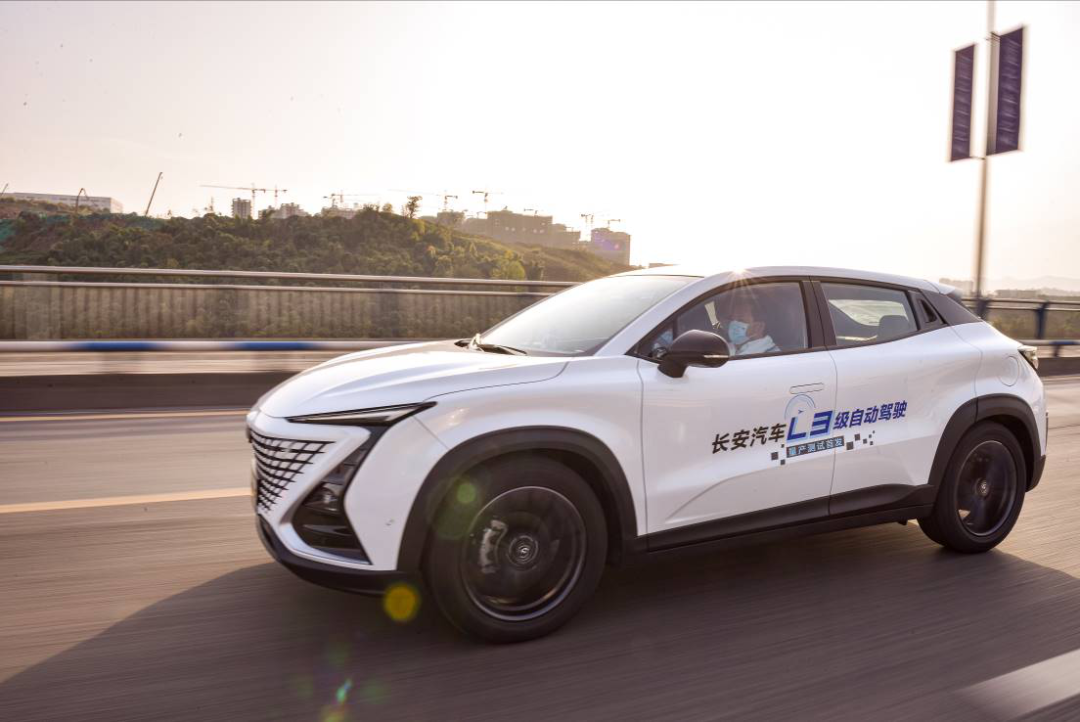
Apart from the Changan Automobile’s fuel vehicle business, Changan has actually set up two companies in the new energy sector: Changan New Energy and AB Auto. These are two independently operated companies with different brands that provide products and services to different niche market customers.
Changan New Energy is the carrier of Changan Automobile’s new energy business, while AB Auto is a high-end intelligent electric vehicle brand jointly created by Changan Automobile, Huawei, and CATL. The parent company is Avita Technology, formerly known as Changan NIO. The definition of AB Auto by Changan was not clear before, and it was not until the fourth quarter of last year that it was decided to give AB Auto’s parent company to Changan NIO.
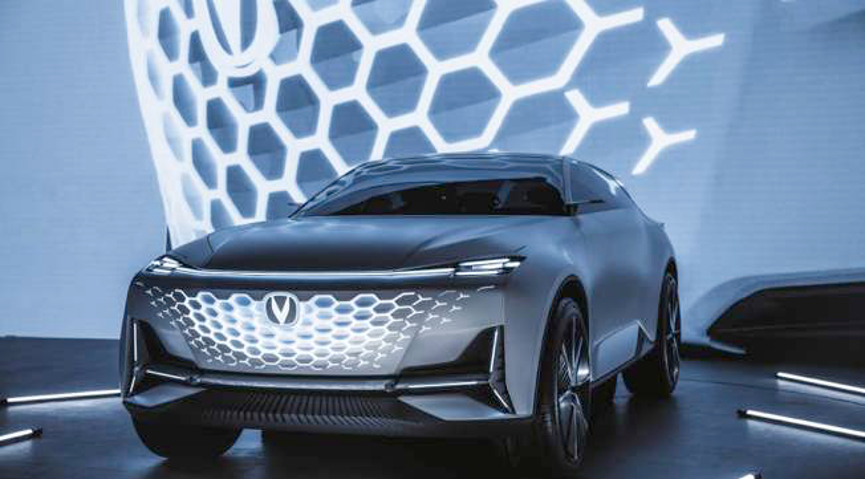
From the perspective of the main company’s path to listing, Changan Automobile has two options:
Option one is to list Changan New Energy and AB Auto separately. This option seems good on the surface: Changan can develop two potential and promising subsidiaries separately, and the subsidiaries can obtain ideal stock prices through spin-offs and listings, which will bring extra returns to the parent company and form a virtuous cycle. However, from the standpoint of implementation, the spin-offs of Changan New Energy and AB Auto are a double-edged sword for Changan Automobile, whether in terms of capital market or business angle:
From a capital market perspective, if both companies develop well and their valuations increase, everyone is happy. But in reality, the secondary market is only interested in AB Auto but not so much in Changan New Energy after the spin-offs. In this case, Changan Automobile will suffer the most.
From a business perspective, spin-offs and listings may affect Changan Automobile’s control over AB Auto. AB Auto and Changan New Energy have a lot of business overlap, and two independently listed companies will inevitably affect business progress.
Option two is to put AB Auto under the parent company of Changan New Energy and list it on the Science and Technology Innovation Board. Changan New Energy has already initiated a round B financing of 3 billion yuan, and news has also been released that Changan plans to inject AB Auto’s assets into Changan New Energy for listing, but it has not been confirmed. From a business perspective, this is the safest approach for Changan. Some of Li’s colleagues also work for Changan, and Changan has started personnel adjustments internally. Some colleagues responsible for AB Auto have also been transferred to Changan New Energy. Li believes that the likelihood of Changan using this option is high.After the Changan shareholders’ communication meeting on May 13th, many researchers have been discussing plan 2. However, from a capital perspective, it is not optimistic. Changan New Energy carried out mixed ownership reform in 2018, introducing four funds. Changan Automobile, as the major shareholder, owns 48.9546% of the shares, followed by Two Rivers Fund with 13.3006%, Changan Xin Fund with 17.9737%, Nanjing Runke Venture Capital with 17.9737%, and Southern Industrial Fund with 1.7974%. Although the mixed ownership reform was carried out earlier, the company was still at a disadvantage in terms of personnel structure and business performance.
Assuming that the Changan leadership chooses plan 2, Lao Li believes that there may be two possible valuations:
The first is that Huawei and Ningde do not invest in AB Auto, then the new Changan Auto is a combination of Changan Group and Changan New Energy. Its positioning is a traditional fuel vehicle company and a high-end new energy vehicle company. In this case, the valuation of Changan New Energy will not be too high, at least not higher than the current Changan Group. If Changan Group is calculated with a market value of 100 billion, the highest valuation of the new Changan Auto would not exceed 200 billion.
The second case is mentioned by Lao Li, in which Changan allows Huawei and Ningde to invest in a joint venture company through various channels, and the main business is located in the JV company. In this way, AB Auto can get rid of the “non-market-oriented” prejudice of the capital market and embark on the “Automobile + Energy + Technology” track. Once the product is launched and well received in the market, its valuation will be compared to that of Tesla or BYD. Of course, from a business perspective, AB Auto can never become a Tesla or BYD, but from a storytelling perspective, it can make some imaginative claims, and the total market value of the new Changan Auto will be very promising.
Generally, the listing of a company is often measured by business performance, and the optimal solution for the business does not necessarily correspond to the optimal solution for the capital. Finding a balance between the two is an art. Even if the leaders of Changan have mastered this art, they still need to face many realistic issues. State-owned enterprises have complex systems, and the market is not the main direction within the team, especially for Changan Auto, a multi-level state-owned enterprise. Many decisions have to be approved by the parent company of the state-owned enterprise, and the capital market is of little importance at this time.
This article is a translation by ChatGPT of a Chinese report from 42HOW. If you have any questions about it, please email bd@42how.com.